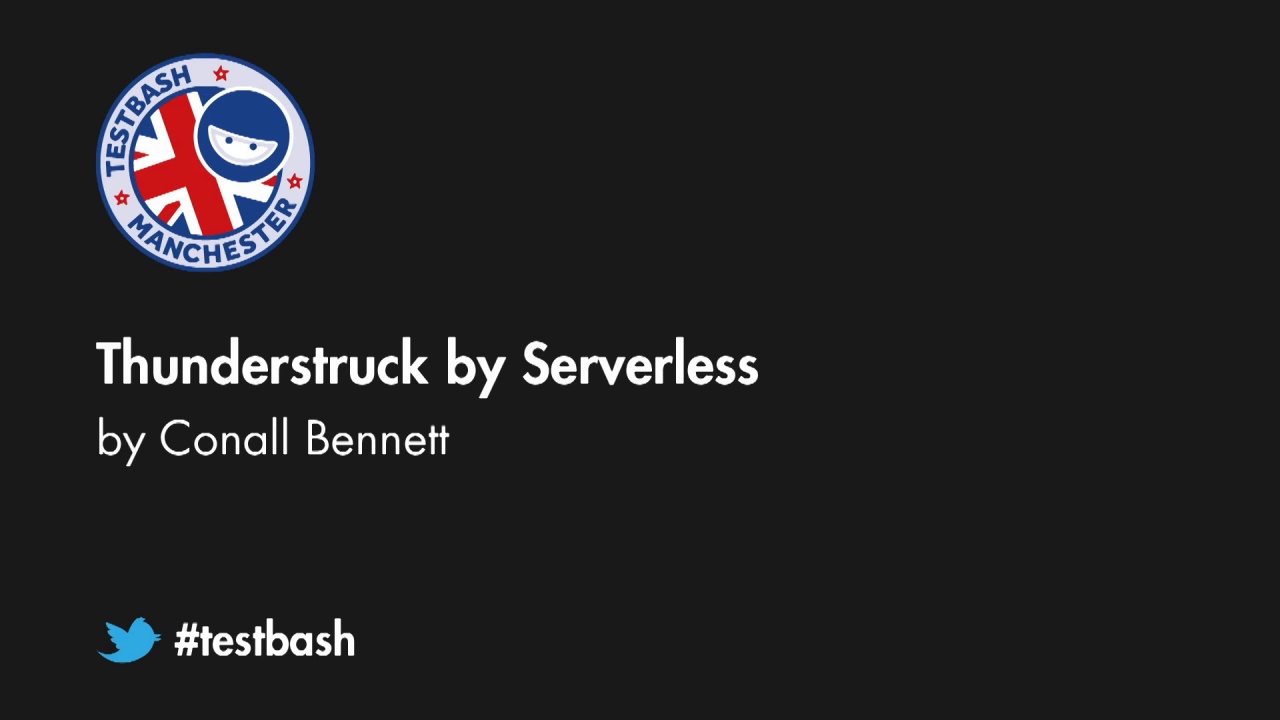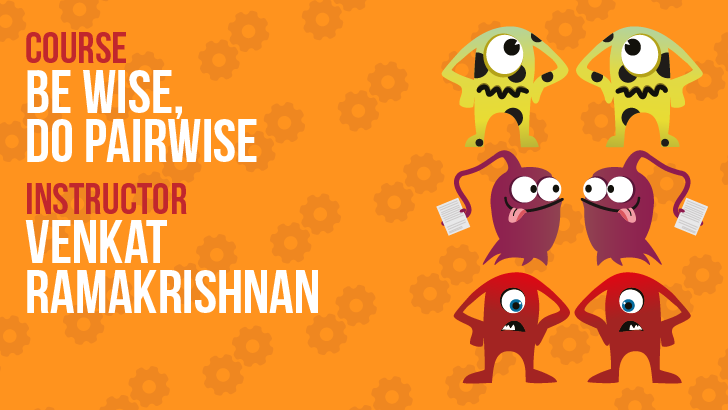Thunderstruck by Serverless: a Tale of Learning and Testing Microservices - Conall Bennett
-
Locked
Conall

Talk Description
Serverless microservices are on the rise as organisations adopt this relatively new technology to power new products and applications - Alexa and Chatbots being one popular example of serverless. To some, serverless microservices are the future of architecture implementation and is disrupting DevOps and traditional development & testing models.
This talk is an experience report on how our team fell into a serverless microservices implementation without any real experience of serverless technology and how we learned about it along the way. I will give a brief overview of what serverless microservices are and its benefits and how we went from sceptics of it initially to advocates along our journey of discovery.
I will describe our team test first mentality and the multiple functional and non-functional approaches and patterns we applied to serverless, as well as the existing challenges of testing it. That includes how we ran exploratory performance tests to determine and quantify language deficiencies on the serverless platform in order to help drive our implementation approach and the challenges of monitoring serverless applications and observability and why that's important for testing. I will also share some experiments we've run using serverless as a low cost, low maintenance automation utility for testing your api's functionally and non-functionally and how it could help test complex service flows.
Takeaways
- What is serverless and why you as a tester should care
- Experience report on a cloud migration project and why its important to apply an agile team “test first” mentality to new technology adoption
- How serverless both simplifies and complicates your test approach
- How to structure test automation alongside high levels of exploratory testing
- Using exploratory performance testing to help drive an implementation approach for serverless
- How you can use serverless as a test tool & utility and its advantages
By the end of this session, you'll be able to:
- TBA
Suggested Content




